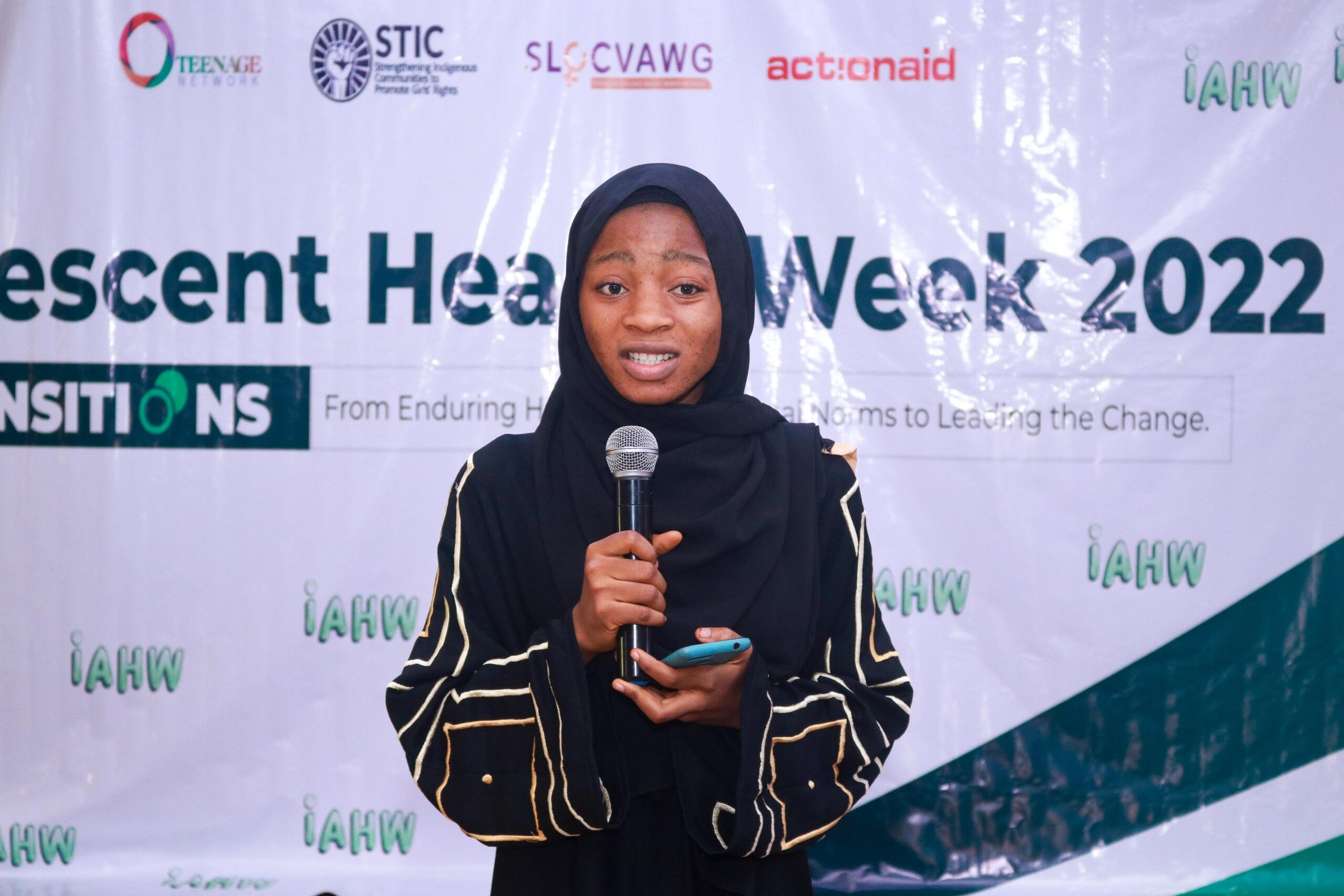OUR PROJECT
Reintegrating Adolescent Mothers into School (REAMS) Project
Teenage Network facilitates the return of out of school adolescent mothers to school. The project collaborates with School regulatory bodies to review policies that prevents the return of girls who dropped out of school as a result of Teenage Pregnancy, mobilizes community support for Adolescent mothers’ education, develops the capacity of school administrators and Counsellors to ensure returning adolescent mothers are reintegrated smoothly and free from stigmatization within the four walls of the school, and provides Educational Items for returning Adolescent Mothers
Teenage pregnancy is one of the leading causes of school dropout among girls of senior secondary school age in Nigeria. As much as there are a lot of targeted effort at reducing the rate of Teenage pregnancy in Nigeria, the needs of millions of girls who had dropped out of school as a result of pregnancy are unattended to.
The REAMS project reduces the gender-inequality gap in education, reduces adolescent mothers’ vulnerability to gender-based violence, and increases access to decent job and leadership opportunity. It also guarantees further reduction in the number of out-of-school children in Nigeria. Thirty percent of children born to reintegrate Adolescent Mothers enroll in school within 6months.
Teenage Network has successfully piloted this project in the FCT and currently expanding the scope across the nation.

Strengthening Indigenous Communities to Promote Girls’ Rights
This project is targeted at changing harmful sociocultural norms and practices that promotes violence against girls in selected rural communities in the FCT. Teenage Network builds the capacity of Adolescent Girls to challenge harmful sociocultural norms, leverages existing community groups to hold women and men peer education sessions respectively and supports the council of Elders to take decisive actions to end harmful sociocultural norms in the selected communities.
The major socio-cultural norms and practices identified in the project communities are Breast Ironing, forceful marriage of survivors of sexual violence to their abusers, Victim blaming, and the culture of silence.

Life School Project
This project is designed to promote school retention among adolescent girls in selected states in Nigeria. The aim of the project is achieved through empowering girls with the skills to solve their day-to-day challenges and provision of comprehensive sexuality education to enable them make informed choices and reduce their vulnerability to gender-based violence.
As a result of this project, participants are taking initiatives to solve common problems in their neighborhood. For Example: Anonymous Help group was established by a group of participants to create awareness about gender-based violence online. Life Box group was established to support learners with Autism.
This project shows that Adolescents are capable of leading the change in their communities, if they are provided with the required skills.
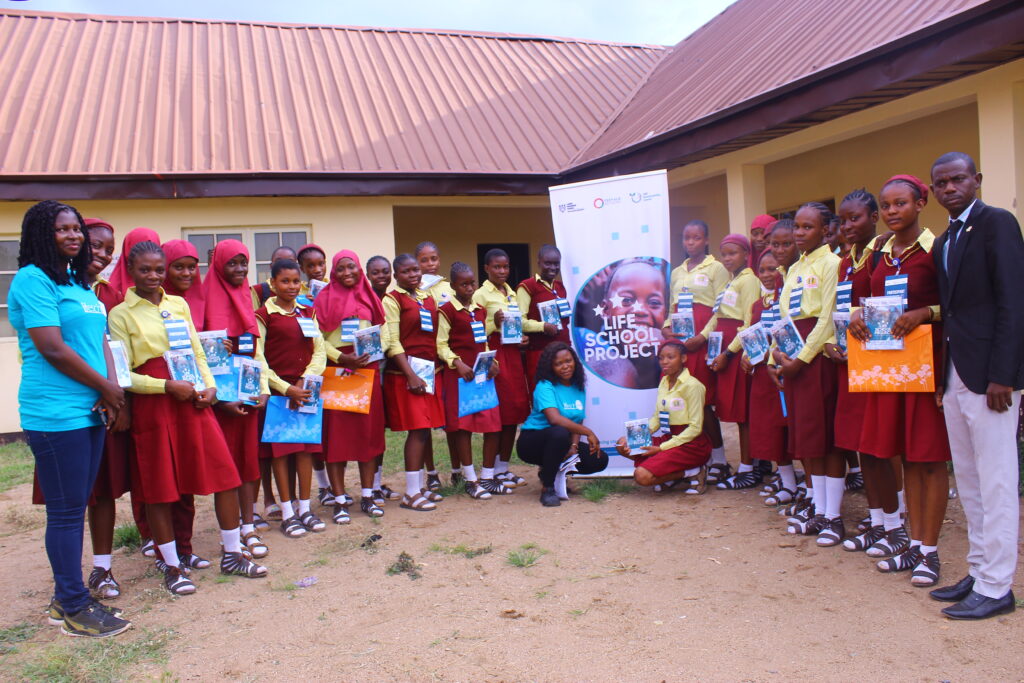
My GBV Story
My GBV Story is a radio show designed to reduce public tolerance to gender-based violence. The program adopts storytelling approach to sensitize the public by telling true life stories of cases of gender-based violence without revealing the identity of the survivor or compromising the cases. Experts are hosted on the show to discuss the featured stories, analyze the effect on the survivor and the society and how a better community response would have prevented a lot of complications.
This stimulates emotions and encourage the society take actions to support survivors. It’s a call-in radio show, therefore, some survivors call in to share their experiences, some call in to get clarification on better ways to report cases of gender-based violence and many times, girls who are at risk of violence call in to get help.
The program has recorded a lot of successes and has linked up a significant number of survivors to support services.

Education for Sustainable Development
This project is designed to empower teachers with basic knowledge of Sustainable Development Goals. Teachers have a great influence in shaping the behavior of young people through their teaching approaches and role modelling. Therefore, to achieve the SDGs in 2030, leaving no one behind, Teachers need to be equipped and supported to deliver SDGs lessons in classrooms.
In previous years, Teenage Network trained 166 Teachers across the Federal Capital Territory in Nigeria. As a result this group of Teachers now go extra miles to integrate the SDGs into class lessons and 10 schools have been signed up for the global schools program.
We look forward to expanding this project to other states in Nigeria.
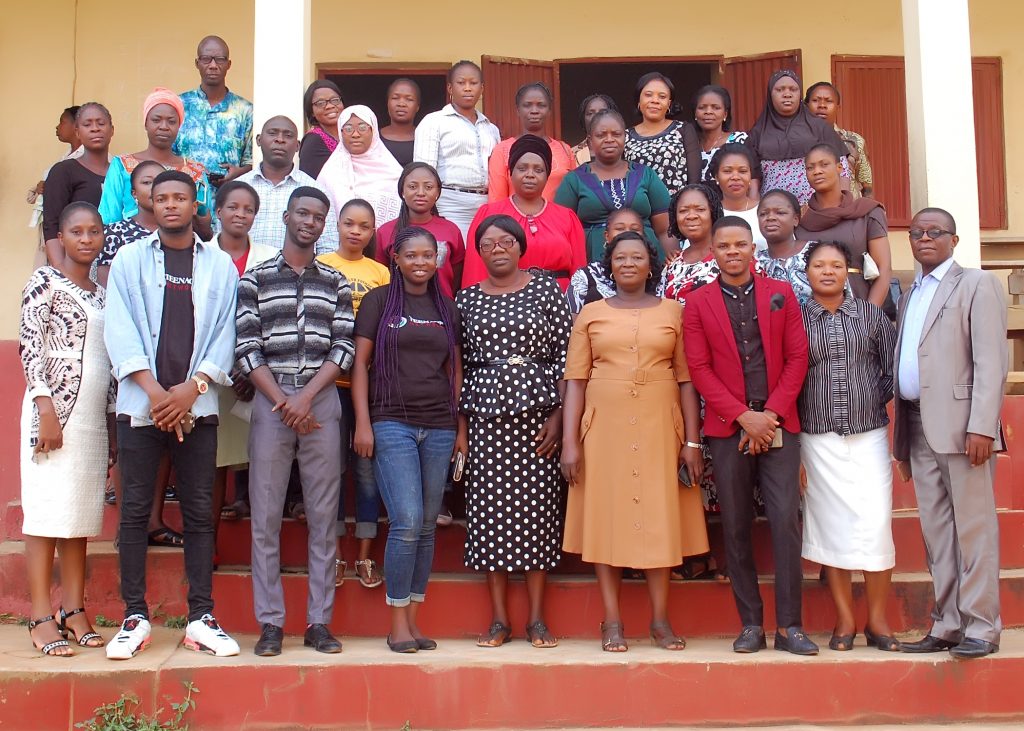
Our Models Of Engagement
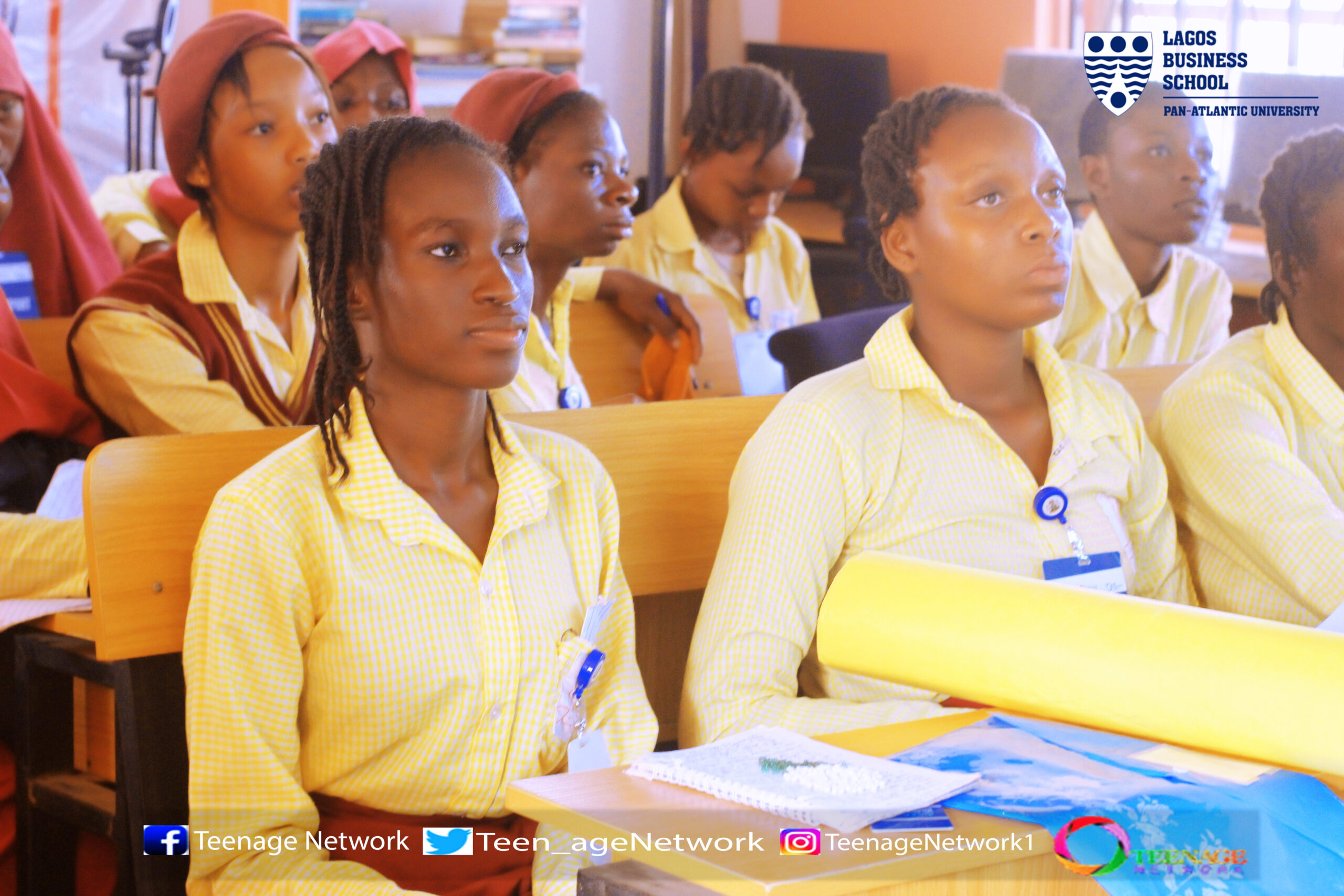
School Based Activities
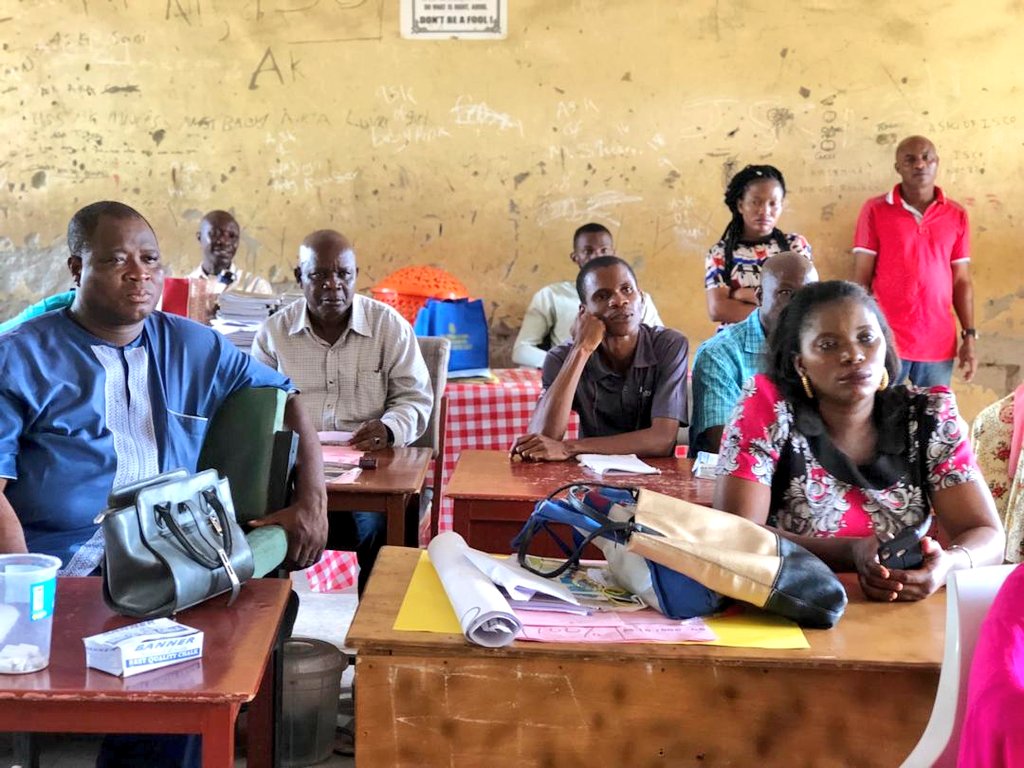
Community Based Programs
